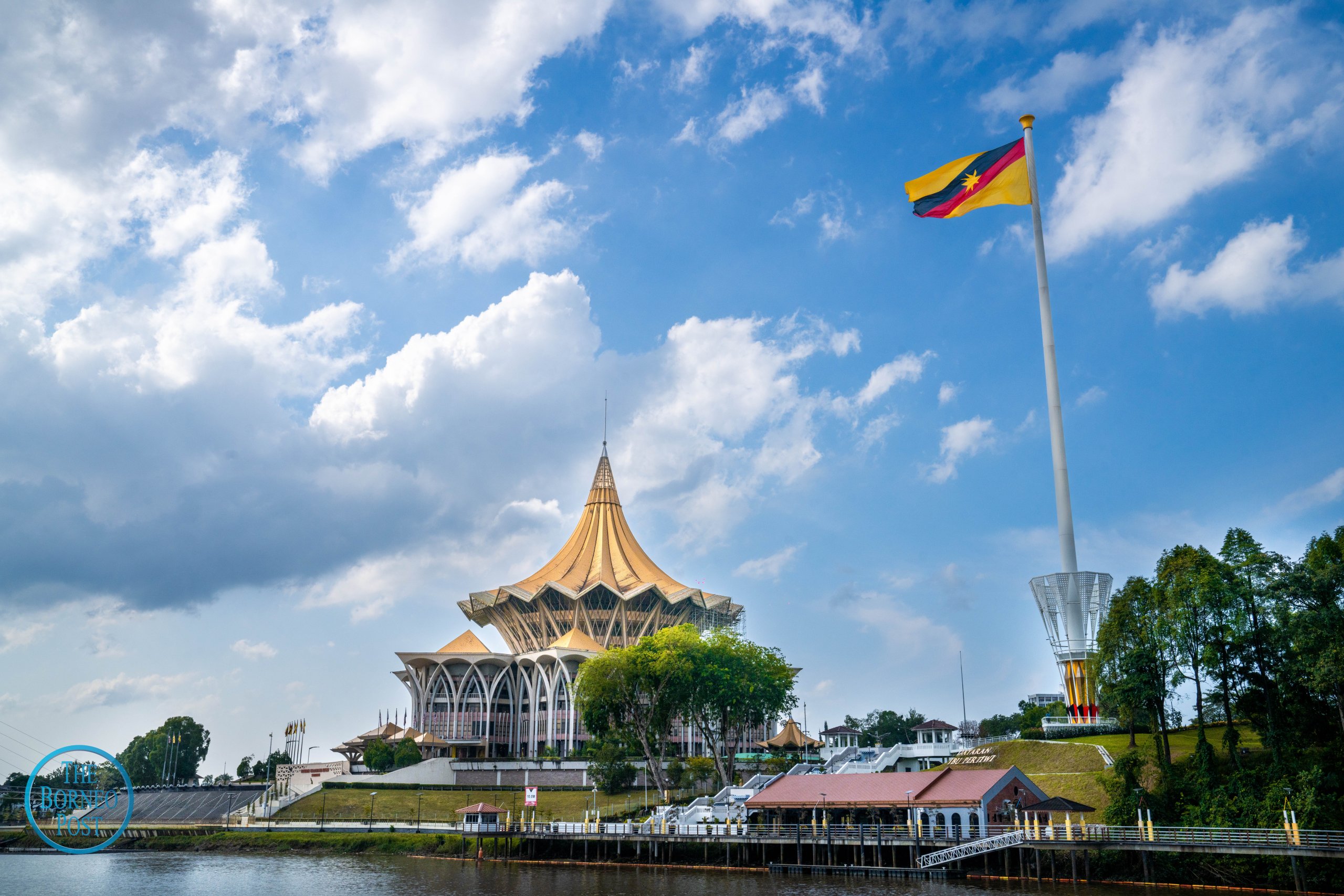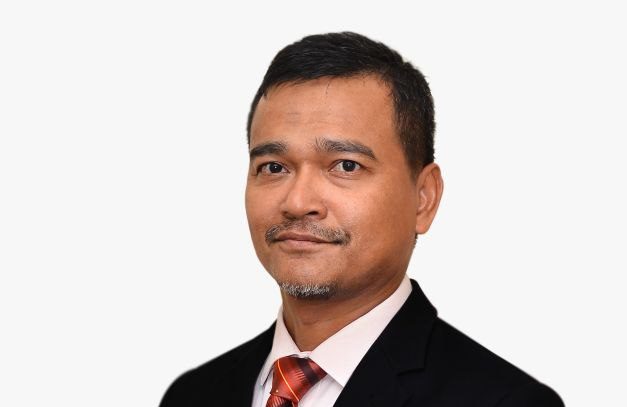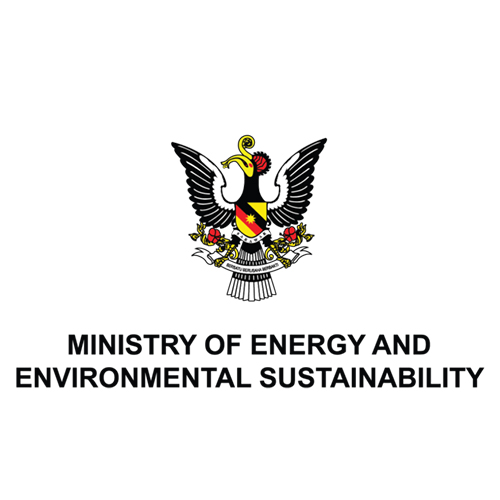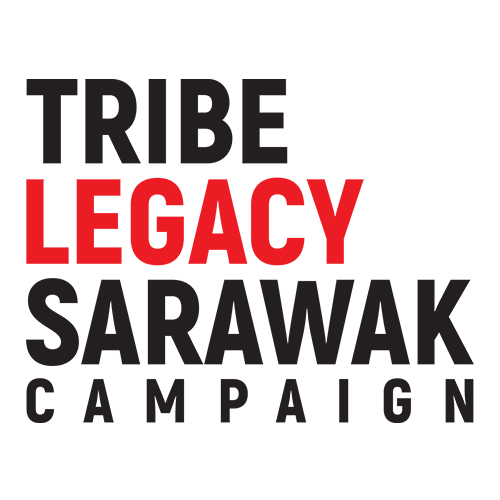MIRI (Nov 23): An in-depth analysis conducted by academics and researchers of Curtin University Malaysia (Curtin Malaysia) has unveiled that the allocations under Sarawak Budget 2025 are poised to empower low-income families, enhance sustainable tourism, and foster a green economy.
Head of the Department for Management, Marketing and Digital Business, Associate Professor Dr Lew Tek Yew praises the allocation of RM3.75 million for the ‘Low-Income Household Empowering Programme’, which aims to equip 750 vulnerable families with entrepreneurial skills and start-up resources to launch small businesses.
“By providing training in business planning, market access, and start-up capital, the Sarawak government is fostering self-reliance among low-income households.
“To ensure long-term success, ongoing support in market access and sustainable business practices is vital,” he said.
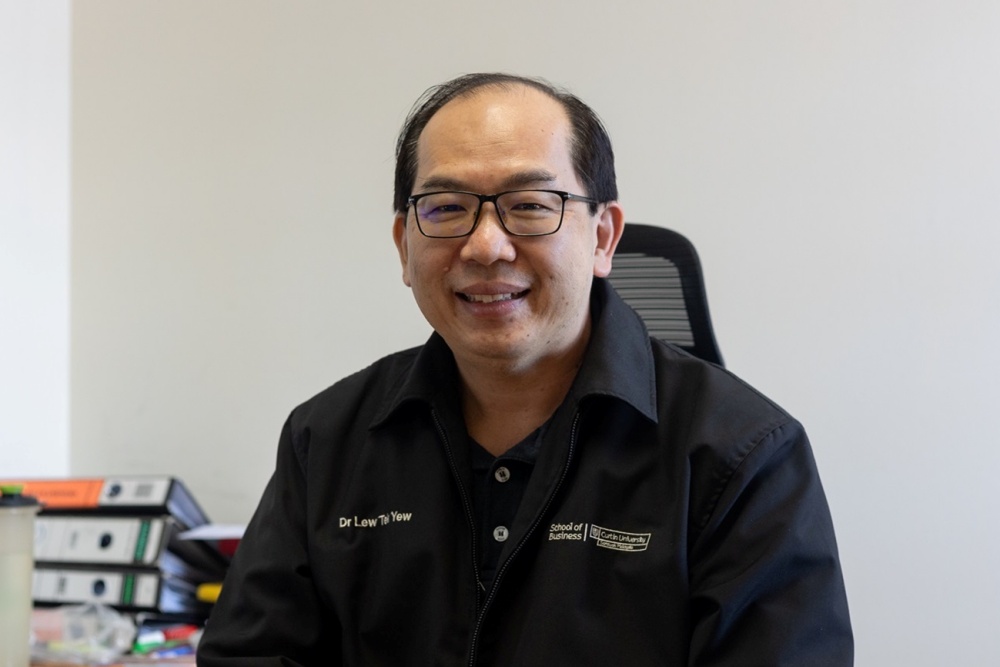


Dr Lew, whose research works includes human resources management and development, future of work, work design and occupational wellbeing, as well as business and sustainable business, emphasises that this initiative not only uplifts vulnerable groups such as women and marginalised communities, but also allows broader economic growth by encouraging grassroots entrepreneurship.
Additionally, senior lecturer Dr Samuel Adeyinka-Ojo hails the RM174-million tourism allocation as ‘a bold step towards positioning Sarawak as a premier destination for eco-tourism and cultural experiences’.
“This budget underscores the government’s commitment to preserving Sarawak’s cultural heritage and natural beauty while leveraging digital marketing and infrastructure improvements to attract global audiences,” he says.



He further suggests that Miri is able to capitalise on its strategic location near Nusantara – Indonesia’s new capital – by developing medical tourism as a niche offering.
He also lauds the RM45 million set aside for cultural events and festivals, calling it ‘a vital component of Sarawak’s economic diversification strategy’.
Dr Adeyinka-Ojo, whose research interests span a wide spectrum of tourism and hospitality, says increasing funding entities, like the Sarawak Tourism Board and Business Events Sarawak, to RM86 million would support the initiatives that help preserve Sarawak’s cultural identity, while driving economic growth within the tourism sector.
Meanwhile, Dr Tanusree Chakravarty, who is the university’s Accounting, Finance and Economics lecturer, provides critical insights into the Sustainable Development Financing Scheme, which prioritises financial support for small and medium-sized enterprises (SMEs) to foster a green economy.
“SMEs are uniquely positioned to lead in sectors like renewable energy, waste management, and eco-friendly manufacturing.
“The budget’s focus on empowering them with the resources to adopt sustainable practices could significantly accelerate Sarawak’s green transition,” she remarks.



She observes that the scheme’s success hinges on strategic implementation, urging collaboration between universities, research institutions and SMEs to develop green technologies and practices.
“When SMEs are able to access the necessary technological, financial and human resources, they could serve as change agents in advancing sustainable economic growth,” she says, adding that targeted support for SMEs in remote areas could enhance ecotourism and sustainable agriculture, ensuring widespread impact across Sarawak.

